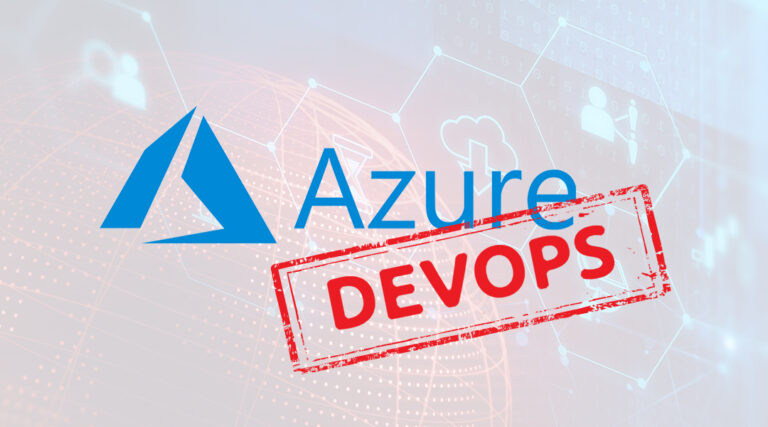
Microsoft banged the DevOps drum across its Azure and GitHub platforms as it kicked off its Build Conference this week.
The vendor used the opening of the dev fest to throw in a number of new integrations and updates, as well as highlighting projects that were already in progress or have just moved into general availability.
The former includes Kubernetes Integration for Azure Pipelines, which the vendor said was designed to “help our customers build applications with Docker containers and deploy them to Kubernetes clusters, including Azure Kubernetes Service” (naturally).
This should mean that when a new pipeline is created, Azure DevOps “automatically scans the Git repository and suggests recommended templates for container-based applications. Using the templates, you have the option to automatically configure CI/CD and deployments to Kubernetes.”
Microsoft says the feature can target any Kubernetes environment, including the Azure Kubernetes Service as well as Amazon EKS and Red Hat OpenShift. However, Microsoft does add, “As we are launching this new experience in preview, we are currently optimizing it for Azure Kubernetes Service (AKS) and Azure Container Registry (ACR).” Other options – either on-prem or at other service providers – will require some manual inputting, for now at least.
Azure has also added a new “Deploy Kubernetes manifests” task, currently in preview, which the vendor said would include “features such as deployment strategies, artifact substitution, metadata annotation, manifest stability check, and secret handling” This should simplify deployment and aid in traceability.
Talking of repos, Microsoft has added GitHub support for Azure Active Directory, to ensure “seamless integration” between the two. The change means Azure Active Directory can be synced with teams on GitHub. The service will go into beta later this month.
More generally, Microsoft has overhauled the purchase options for Azure DevOps. Changes include switching Azure Artifacts to a per GB consumption model, the first 2GB being free, with further storage ranging from $2 to $0.25 per month. The Basic plan will cost a flat $6, with 5 free users, and Artifacts is now part of the basic plan. As of June, further licenses can be added at assignment.
